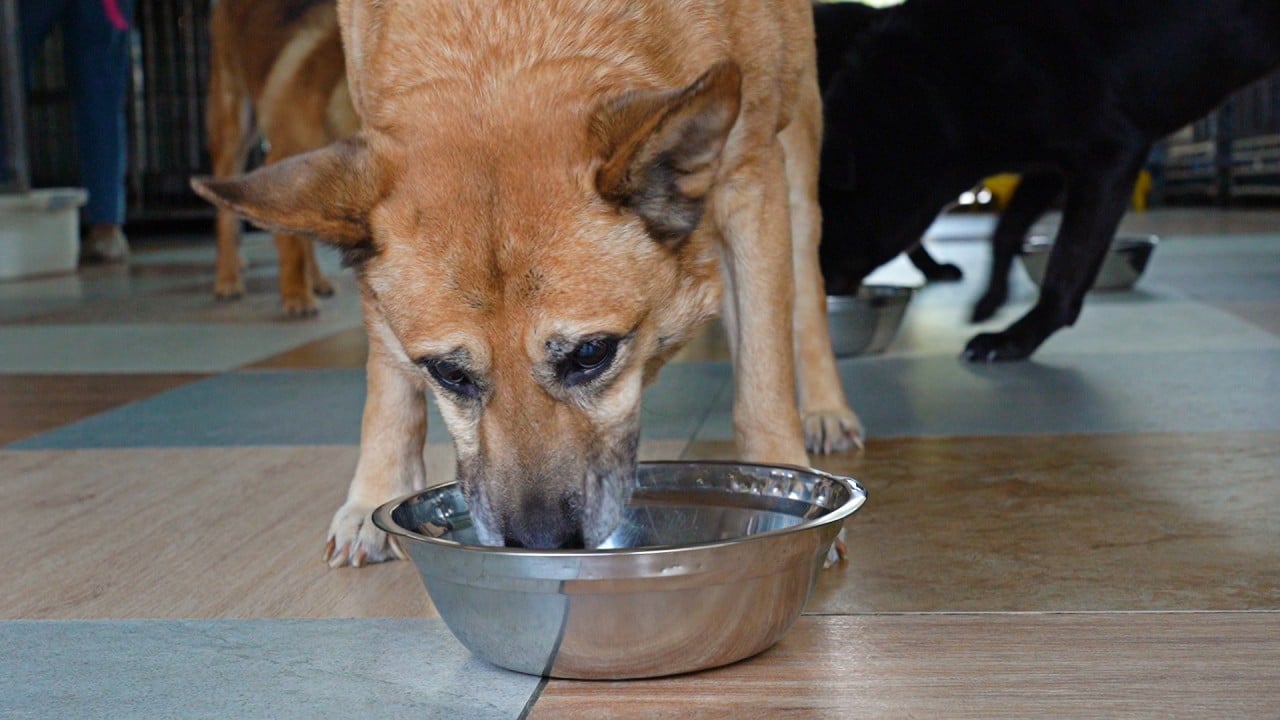Opinion | How Covid-19 offers Hong Kong a chance to tackle food waste and poverty
- Food that is edible and nutritious is often still thrown away, but it can be rescued and given to vulnerable communities
- It is sad that Hong Kong tolerates so much urban poverty among disadvantaged groups who should not be overlooked, let alone suffer from hunger and want

The way we treat our food often mirrors the way we behave. Food is important for our sustenance and our survival, yet we are wasteful and almost disrespectful with what we have. According to the United Nations Food and Agriculture Organization, about one-third of all food produced globally goes to waste.
It has other implications, too – about 25 per cent of the world’s freshwater supply is used to grow food that ends up uneaten. Wasteful food habits are a shocking testament to our modern lifestyles and disregard for resources.
Food leftovers are a big contributor to this problem. Our lifestyles encourage banquet-style dining. It is not to say that celebrating happiness and joyful occasions is bad, but how we do so can be damaging. It is common after banquets to see food that is still edible and nutritious being scooped up and bagged for disposal.

03:21
Food waste ‘upcycled’ as rescued dogs’ pet food
Food can be rescued, though. It is heartening to see the intrepid efforts of non-governmental organisations collecting food that is perfectly good but unwanted and distributing it to vulnerable communities that appreciate warm meals they probably would not have been able to access or afford.

